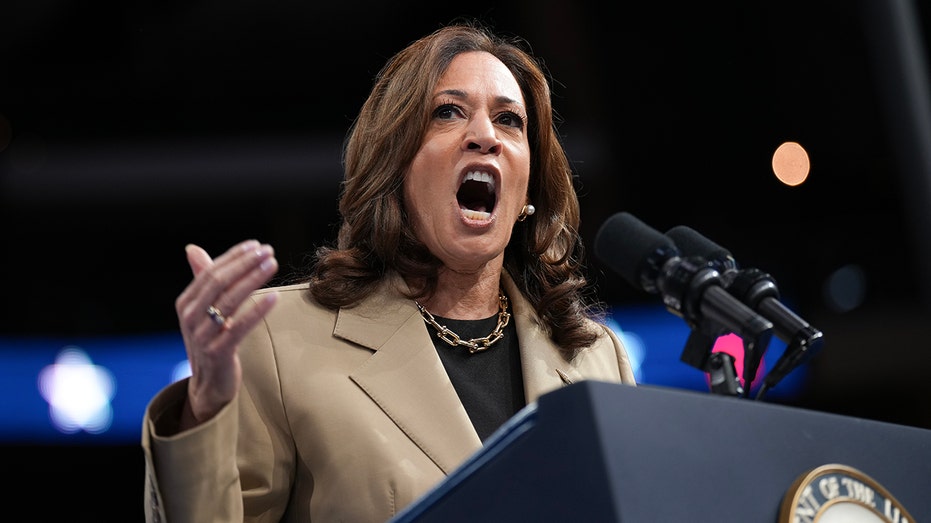Goldman Sachs expects tax hikes of ‘at least’ £20bn in Reeves budget
Many potential tax reforms have faced criticism for their potential unintended consequences.


Goldman Sachs has said Rachel Reeves will raise taxes by “at least” £15bn to 20bn in October’s Budget, with pension reliefs likely to be a major area of focus.
Goldman pointed out that the Chancellor is likely to increase departmental spending envelopes, which currently appear “too low,” and address the fiscal ‘blackhole’ allegedly left by the Conservatives.
“Taken together, these two factors indicate that spending may need to be around £25bn a year higher than budgeted for in Labour’s manifesto,” analysts at the Wall Street bank said.
To address this, the analysts said that the Chancellor would likely scrap certain inheritance tax reliefs, reform capital gains tax, and alter tax reliefs on pension contributions.
These measures, combined with tweaks to the debt rule, would help the Chancellor address departmental spending pressure while leaving some ‘headroom’ left over.
However, many potential tax reforms have faced criticism for their unintended consequences.
Officials are reported to be considering moving towards a flat rate of relief on pension contributions in place of the current system, in which savers receive relief equal to their marginal tax rate.
Reeves could also reduce the amount that pensioners are able to withdraw from their pension pots without paying tax.
The Fabian Society estimates that these reforms, alongside some other smaller changes, could raise up to £10bn per year. But Tomm Adams, a partner at Blick Rothenberg, warned that major reforms could “discourage saving” for retirement.
“Any of these would dissuade long-term pension savings as the tax paid on them would effectively increase,” he said.
“A change to the treatment of the tax-free lump sum would be particularly unfair on people who have already built-up long-term savings for their retirement,” he said.
“Most pensioners rely on income outside the state pension which is woefully behind the average across Europe, and it would feel as if the Government is punishing them for taking good care of their finances.”
Simon Kew, head of market engagement at Broadstone, pointed out that changing the rules on tax relief would be “devilishly complicated…particularly for the average pension saver”. :
“There are already significant concerns around pensions adequacy, so it is vitally important that any changes do not undermine the progress we have seen from auto-enrolment in nudging millions more people to save towards their later-life,” he said.
The Treasury has repeatedly said that “difficult decisions lie ahead” and that decisions on tax and spend “will be taken at the Budget in the round”.



